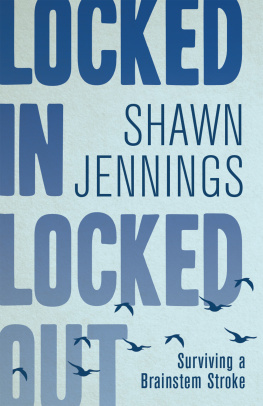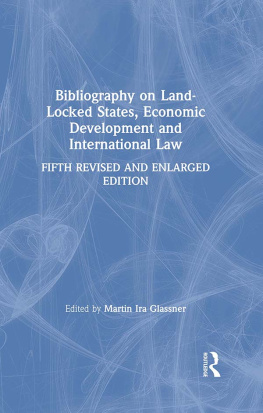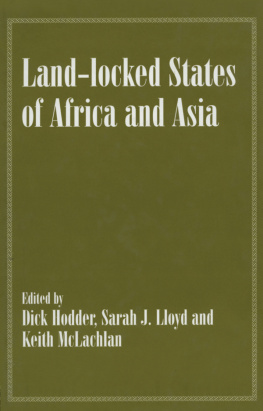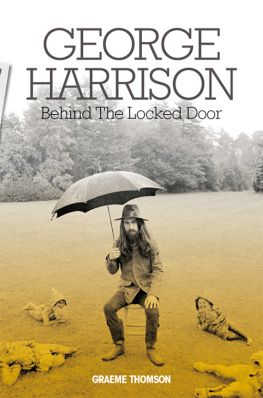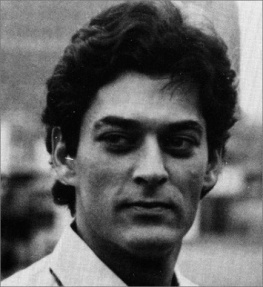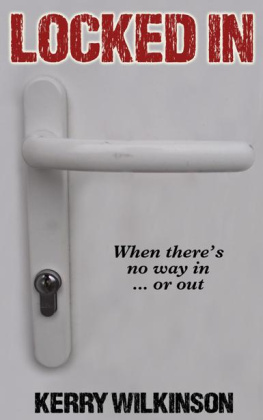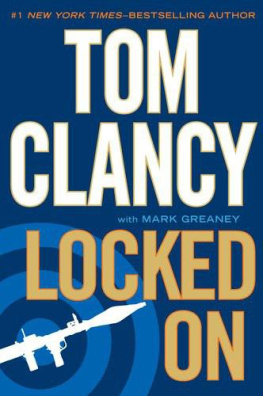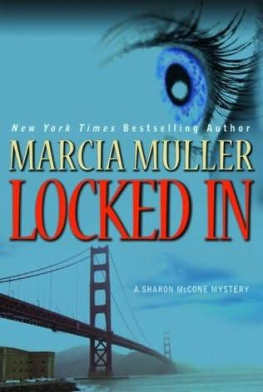Copyright 2013 University of Pennsylvania Press
All rights reserved. Except for brief quotations used for purposes of review or scholarly citation, none of this book may be reproduced in any form by any means without written permission from the publisher.
Published by
University of Pennsylvania Press
Philadelphia, Pennsylvania 19104-4112
www.upenn.edu/pennpress
Printed in the United States of America on acid-free paper
10 9 8 7 6 5 4 3 2 1
Library of Congress Cataloging-in-Publication Data
Dinzey-Flores, Zaire Zenit.
Locked in, locked out : gated communities in a Puerto Rican city / Zaire Zenit
Dinzey-Flores. 1st ed.
p. cm. (The city in the twenty-first century)
ISBN 978-0-8122-4513-4 (hardcover : alk. paper)
1. Gated communitiesSocial aspectsPuerto RicoPonceHistory20th century. 2. Sociology, UrbanPuerto RicoPonceHistory20th century. 3. Ponce (P.R.)Social conditions20th century. I. Title. II. Series: City in the twenty-first century.
HT169.59.P9D56 2013
307.77dc23
2012041495
Para Lelolai Palmares y Caribe Macandel Todo
Upa, mi negro, que el sol abrasa!
Nicols Guilln
Preface
I do not come with timeless truths. My consciousness is not illuminated with ultimate radiances. Nevertheless, in complete composure, I think it would be good if certain things were said.
Frantz Fanon, Black Skin, White Masks
When I set out to do research in the gated communities of the poor and rich in Ponce, fear was paramount. I grew up in Puerto Rico in the 1970s and 1980s, when carjackings were frequent and yearly murder counts headlined the news. Spaces of the poor, and caseros (public housing) especially, were envisioned as places to be avoided. What was being ingrained in me during those years was to not venture into the unknown, to stay within the boundaries of my own social and physical circles. And, yet, I embarked on this project, and I set out to visit communities made infamous, communities that I knew only as symbols of everything undesirable.
Soon after I sat for the first time inside the community center of Dr. Pila, a public housing project, in 2003, having been informed that there was an active war between drug puntos (camps), a car alarm began to blare in the background. A rock had been hurled through a car window. Even before this very first day in the field, fearelusive yet obduratewas a companion. Months into the research, as I approached Dr. Pila's gates to interview Gisela, a management company staffer and resident of public housing, and walk around the development, she asked me to leave. My field notes that day read: Hoy no se podiahaban matado a un muchacho de Dr. Pila anoche en Portugus y ya haban herido un muchacho de Portugus. No se sabe quin fu, pero dijeron que tuviera cuidado hoy todo el da. Me dijo que era mejor que me fuera (It can't be done todaya guy from Dr. Pila was killed in Portugus last night, and another guy from Portugus had already been wounded. It was unknown who it was, but we were told to be on the lookout all day. She told me that it was better if I left). So I left that day. But still I returned to interview Gisela and others. And it was Gisela who did me the favor of taking pictures of Dr. Pila when no other resident would volunteer to do so. The war had forced a self-imposed curfew. I was warned to leave the community before nightfall and I acceded. But, still, I returned.
An equally persistent, different fear was present in the private gated communities. Fear of not being recognized and preoccupations of being suspected and rejected because of my demeanor and the color of my skin occupied my mind and informed my comportment. I wrote the following field note, after an interview in a private gated community:
The man had told me to make sure I was punctual. When I rang his house he explained everything I was to do. When I arrived, I shook his hand and proceeded into his house. The tall, White, light-eyed gentleman wanted to knowwhat was I doing and where was I in school, where had I gone to do my bachelor's and my master's degrees, why I went to Michigan after Stanford and Harvard and why I didn't stay in both to continue my studies. He talked about people he knew who went to Michigan and Stanford. He wanted to know my last namees ingls (it is English)and where my family was from. During the interview, at times I thought that I had to write something about interviewing while black in Puerto Rico. Interesting feelings came up for me, as the man talked about most people in his neighborhood being Caucsicos. I don't know what that's about! And I don't know if it is a reaction to me, if the issue would come up with a non-black interviewer. I think that's why so many questions were asked about me, my legitimacy, my roots, where I came from, how I had done what I had done, and if it was true, valid, and even possible. After the interview, he had more questionswhat was I going to do with my degree. I think that he was both interested and also interested in showing his intellect and knowledge. I could tell when he was uncomfortable because his tone changed. When he talked about the neighborhood he sounded like a politician. When we talked about people and the residenciales (public housing) he talked more from emotions, uncomfortable and with feelings of general disdain. A few times he caught himself and said that he didn't intend to be so negativeBUT(you know what's next) it is negative. The interview ended on a very friendly note and he wished me luck in my marriage, parenthood, and studies. GOODBYE!
In the field, facing so much discomfort, I continually asked myself why I returned to these places. Throughout I wasn't quite sure of the extent of the insecurity, how true or real it was, whether I was in danger, and, if so, what type of danger it would be. Fear informs the method and the subject of this work. While fearof crime, violencehas been used to explicate the global rise of gated communities, fear can be about many different things: of the unknown, of the Other, of contact, of crossing a boundary. These fears, I find, shape life in the twenty-first-century city in ways that curtail the city's potential. This book is not about fear per se but about how social beliefs and imaginings become real, frozen in space, and, in turn, reinforcements for social boundaries and social inequalities.
In the twentieth century, Puerto Rico experienced what has come to be a typical story of boom and bust and rise and fall in postindustrial cities. Between the 1930s and 1950s, the heyday was accompanied by an army of industrialists, researchers, urban planners, and technocrats who sought to build and showcase the island as a prototype of development and progress. But in the latter part of the twentieth century, la isla del encanto (enchantment island) gave way to what my brother Juancho calls la isla del desencanto (the island of disenchantment), with high indexes of poverty, unemployment, and crime. This duality of enchantment/disenchantment inhabits this book, as I convey the failed social promises of industrialism, urban life, the city, and new and modern public and single-family housing. The shiny buildings, smooth and wide highways, and concrete homes were meant to beckon a future of progress and success but instead became the hallmarks of fear, insecurity, segregation, and inequality. As a result, the purpose of a city has been lost; there are few encounters between classes, and neighbors seldom encounter the street or each otherthere is nonurban isolation amid ultra-urban complexity. The house, not the city, not the nation, has become the locus of social life and the family, the central unit. Gated housing for the poor and the affluent has fostered the formal division of communities and has broken contact across class and race.



